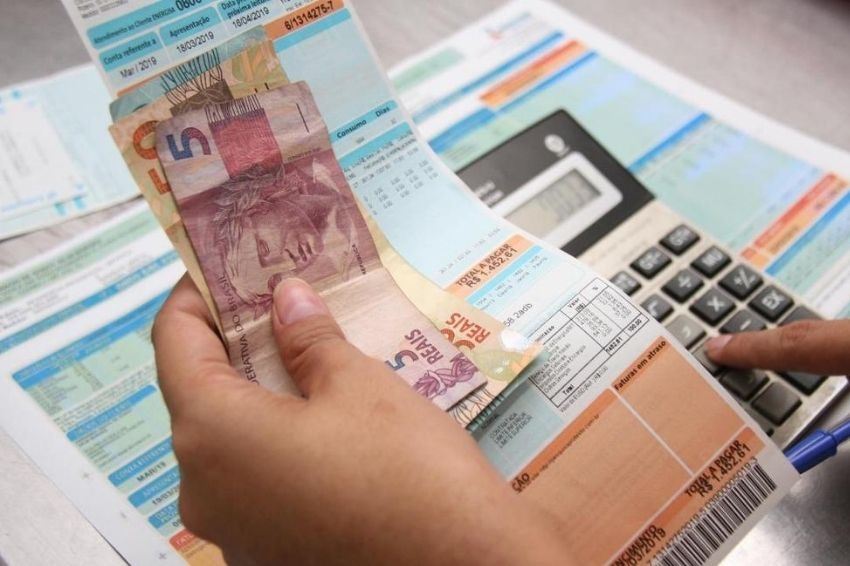Reduce the impact of the social electricity tariff on the CDE (Energy Development Account), reduce energy theft – non-technical losses – and Federal Government spending on Bolsa Família, in addition to generating income for low-income families.
These are the objectives of the Social Program for Income Generation through the Production of Renewable Energy presented by federal deputy Lafayette de Andrada (Republicanos-MG), in the text that aims to update the CBEE (Brazilian Electric Energy Code).
“I am implementing an interesting program through the possibility of selling energy from distributed microgeneration. It can be solar or wind, up to 5 MW. It will be a fantastic step. Income generation, it’s Bolsa Família for poor people”, stated the parliamentarian in an exclusive interview with Canal Solar, during the Papo Solar podcast.
According to Lafayette, to participate in this program, the municipality must be authorized by the Ministry of Regional Development. After being authorized, the city hall will be able to implement a solar plant of up to 5 MW in the city, and concessionaires will be authorized to purchase from this plant.
“Today, the law already allows concessionaires to purchase up to 10% from their own area of operation. So, the concessionaires will buy from these plants, which will be authorized by the ministry and registered in the program, and the resources will pay this benefit to families that are accredited”, he explained.
Income will be higher than that of Bolsa Família
Also according to the deputy, the income that will be paid to families registered in this program will be greater than that paid today by the Bolsa Família program. “We have already done several simulations. This benefit pays 50% to 60% more than the value of Bolsa Família, which pays, on average, R$ 200 for each family. This new program will be able to pay between R$ 330 and R$ 340”, explained Lafayette.
Reduction in energy theft
The deputy also explained that to be eligible for this social program, the family will not be able to have a clandestine electrical connection in their residence, being obliged to connect to the energy system.
“What’s the advantage of that? We are talking about poor families and many of them do the famous 'cat' to avoid having to pay the electricity bill. So, it forces the family to be connected to the energy system to receive this money and immensely reduces the non-technical losses that currently exist and are charged to all consumers”, he highlighted.
With this, Lafayette states that there will be relief from public coffers, as each family that will be included in this program will be excluded from Bolsa Família. “It is a well-designed program that has a great chance of prospering. Everyone wins,” he said.
Legal framework for the Electrical Sector and DG
Legal security, clarity and modernization of legislation. These are the pillars of text presented by federal deputy Lafayette de Andrada (Republicanos/MG) at the end of July at the CBEE (Brazilian Electric Energy Code) virtual technical meeting.
The measure comes amid the discussion surrounding the update of REN 482/2012 proposed by ANEEL (National Electric Energy Agency). The new text presented deals with energy generation, transmission and distribution in Brazil and aims to organize the sector.
The deadline for electricity sector associations and federal deputies to present suggestions for the text ends on August 31st. The demand must be forwarded to the rapporteur of the matter, Congressman Lafayette.
The deadline was determined by deputy Lucas Redecker (PSDB-RS), president of the special committee that deals with the matter. The parliamentarian highlighted that, with the suspension of the work of the Chamber committees due to the Covid-19 pandemic, the suggestions will not be amendments, but will aim to contribute to the debate.
















